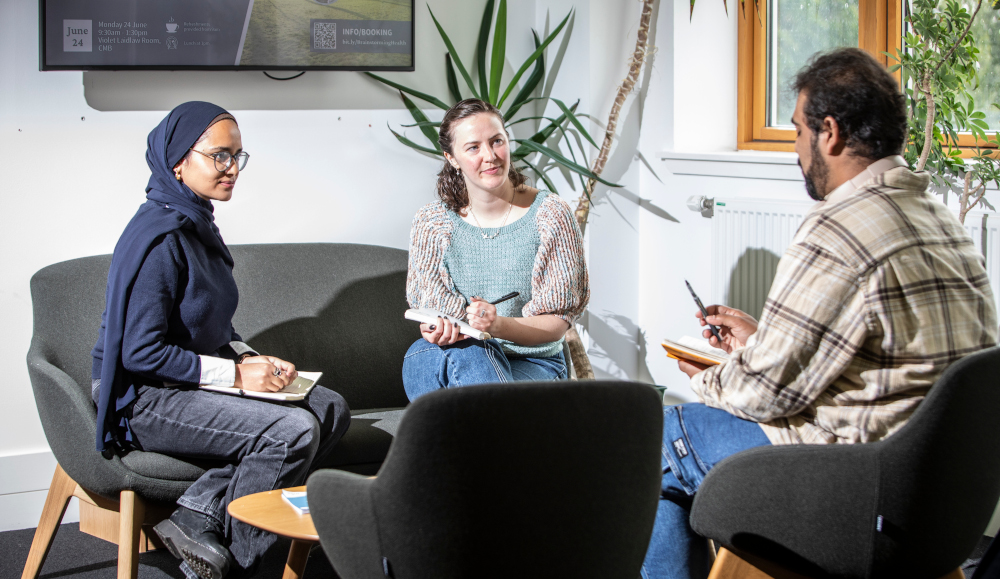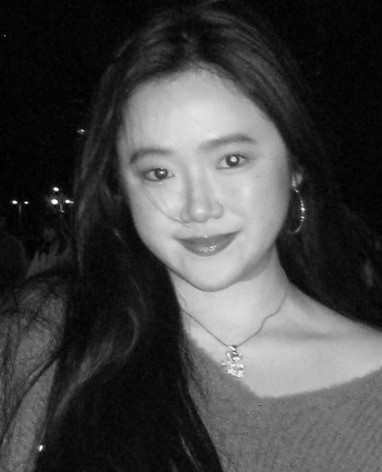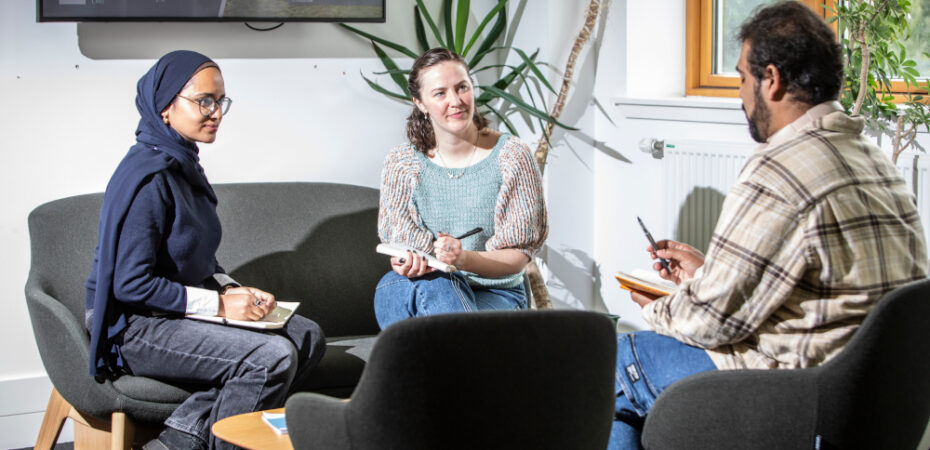
Throughout the 24/25 school year, I worked as the Programme Representative of International Relations and International Law and a Student Council member at the School of Social and Political Science (SPS). Our Council’s aims this school year included, but were not limited to, operating as the bridge between students and the staff, enhancing current systems (such as the course selection model), and, more importantly, resuming the student council that was paused during the lockdown.
Student Council
During the Student Council meetings, we mainly discuss the problems students at SPS commonly face and generate paper discussions with proposed initiatives. For example, I was particularly interested in the “Course Enrolment & Information Consistency” paper, which targeted course enrolment issues sometimes due to misinformation and inconsistent processes. The goal was to establish a clear, transparent and efficient enrolment process to install a system that standardised course allocation, advertising, and problem resolution. Since I related to the issue at hand, I was exceedingly enthusiastic about this topic.
At the start of the school year, our ideas were quite varied, as there seemed to be multiple issues at play. However, once we organised the issues into potential solutions, we generated a more comprehensible vision of what we could work with. Some of our ideas included:
- Addressing course allocation issues by the first week of school.
- Eliminating the possibility of missing lectures.
- Improving in-school communication by publishing website updates.
- Newsletters.
- Role clarity for cohort leads and student advisors.
- Introducing a “traffic light system” to help students plan enrolment choices using a course popularity indicator.
Overall, I enjoyed that the Student Council concentrated the meetings on problem-solving and implementing these initiatives.
Staff-Student Liaison Committee (SSLC)
Being a Programme Representative also allowed me to participate in the Staff-Student Liaison Committee (SSLC), where staff from SPS and student representatives discuss possible solutions to issues raised by students. This was held once every semester. I appreciated the opportunity to attend both SSLCs this school year. Not only did it feel like our voices were being heard by the staff, but students could also envision actions taken by the school. In particular, I loved the atmosphere during the meetings because the staff and students all shared the same goal, which was to improve the quality of education and the student experience.
Working with my Cohort Lead
At the start of the school year, I met up with my cohort lead for guidance regarding possible career paths and course choices for honors. My cohort lead, Elizabeth, was extremely helpful and provided practical advice tailored to my career vision. Toward the end of the year, I had the opportunity to meet up with her again for cohort lead feedback. We wanted their feedback on what being a cohort lead is like, to consider what was successful and ask what we could do better.
I enjoyed both meetings when I spoke to Elizabeth, but I had a completely different experience during the meetings. When I asked Elizabeth for advice at the start of the year, I was seeking guidance from a student to a cohort lead. Yet during our second meeting, it felt like we were working together as a team, aiming to improve the mechanisms of the cohort together.
Aside from all of the meetings with the staff and peers, the most under-rated gain as a Student Representative is meeting other peers studying different degrees. Everyone has the aim to enhance the current mechanisms and problem-solve at the school, which creates a strong bond between everyone at the council.
Overall, I enjoyed representing my peers as the second-year Representative of International Relations and International Law this school year. I genuinely recommend anyone who wants to improve the student experience join the council and speak their mind. You will gain unexpected experiences and be able to make a change!
 Yankee Leung
Yankee Leung
Yankee is a 2nd year International Relations and International Law student, and member of the SPS UG Student Council. She is an international student from Hong Kong.


